Jure Repinc
Digital and software freedom/rights advocate from Slovenia, Europe. Also a member of the Pirate party. You can find me on Mastodon: @JRepin@mstdn.io
- 89 Posts
- 32 Comments

 51·24 days ago
51·24 days agoFrom my experince AMD drivers are pretty close, I’d even say slightly better on GNU/Linux, definitely more stable and consistent. For Nvidia, yeah they are bad at supporting GNU/Linux. Improved a lot through the years but still not there. For Intel, well not exactly an option for gaming, at least not the integrated GPUs I have used so far, but still better than in Windows in a similar way as in AMD case.
P.S. Another great thing with libre/opensource GNU/Linux drivers: When you report a bug with Mesa3D drivers the bug is quite quickly fixed, especially when you can provide them with backtrace and/or Vulkan/OpenGL API trace. Doing a bisect of source code commits amd identifying the commit that introduced a regression also help a great deal. Good luck doing the same with closed/Windows drivers: you can wait for years and no fix.

 4·24 days ago
4·24 days agoIt’s totaly messed up in general and has been for a long time. They try to hack it for the new CPU model and stab you in the back for older CPUs, I’d say it is FUBAR.

 35·28 days ago
35·28 days agoOr they just found out that Windows process scheduler is still broken beyond repair. If you look at the benchmarks on GNU/Linux performance is all there. For example see Phoronix benchmark
Yeah I am so glad I switched to GNU/Linux years ago, Have to keep supporting closed OSes at work with our software and with each release they are just getting worse and worse, while GNU/Linux just keeps getting better.
Yeah I am so glad I switched to GNU/Linux years ago, Have to keep supporting closed OSes at work with our software and with each release they are just getting worse and worse, while GNU/Linux just keeps getting better.

 2·2 months ago
2·2 months agoEven quicker is “#X”

 2·2 months ago
2·2 months agoYup still exists. It is also available in KDE Help Center. And you can quickly jump to a man page you typing “#man” into KRunner.
Yup I agree, openSUSE Tumbleweed with KDE Plasma desktop is just awesome. my favourite distro at this moment,
Bash is my favourite one, second to it being Fish
Yeah the driver supporting LEDs and exposing them should be installed. The exposed LEDs can be found in
/sys/class/leds/<device>/multi_[index|intensity], See Linux kernel documentation for details: LED handling under Linux and Multicolor LED handling under Linux

 6·3 months ago
6·3 months agoDepends on the specific distro and their upgrades policies.
Usually with normal distributions you get an update to a new major version (e.g. from Plasma 6.0 to Plasma 6.1, or some versions can be skipped) when a new version of the distribution gets released, and in the mean time you only get bug fix releases (e.g. 6.0.x to 6.0.y). Sometimes some distributions also make special backports available to bring new major versions to same distro version.
With rolling release distributions (e.g. openSUSE Tumbleweed) you get new major releases in a few days after they are released.
So you need to check with Nobara how they handle this.

 2·3 months ago
2·3 months agoOne way of greatly improving ROCm installation process would be to use the Open Build Service which allows to use the single spec file to produce packages for many supported GNU/Linux distributions and versions of them. I opened a feature request about this.

 571·3 months ago
571·3 months agoOne way of greatly improving ROCm installation process would be to use the Open Build Service which allows to use the single spec file to produce packages for many supported GNU/Linux distributions and versions of them. I opened a feature request about this.
Most of them are C++/Qt there is also a lot of QtQuick/QML code which can do a lot and is very similar to ECMAScript, so maybe that would be a great start for someone coming from webdev.

 4·6 months ago
4·6 months agoMy friend has one (if I remember it it a Slimbook or Tuxedo laptop) and as far as he told me it is flawless (well almost). My next laptop will for sure be a KDE CPU+GPU one. I hear good things about the combo and if it is any similar to desktop AMD GPU support I will be happy.

 1·6 months ago
1·6 months agoNo wonder. all GAFAM is a spyware surveillance capitalism mafia and they work together. If you really want to THINK different you need to look into libre and opensource software like GNU/Linux and the likes.
You can also watch it on official KDE Peertube server, also with fully respecting privacy https://tube.kockatoo.org/w/e6e8f177-22f1-432a-9c7f-ab76b17a5b54


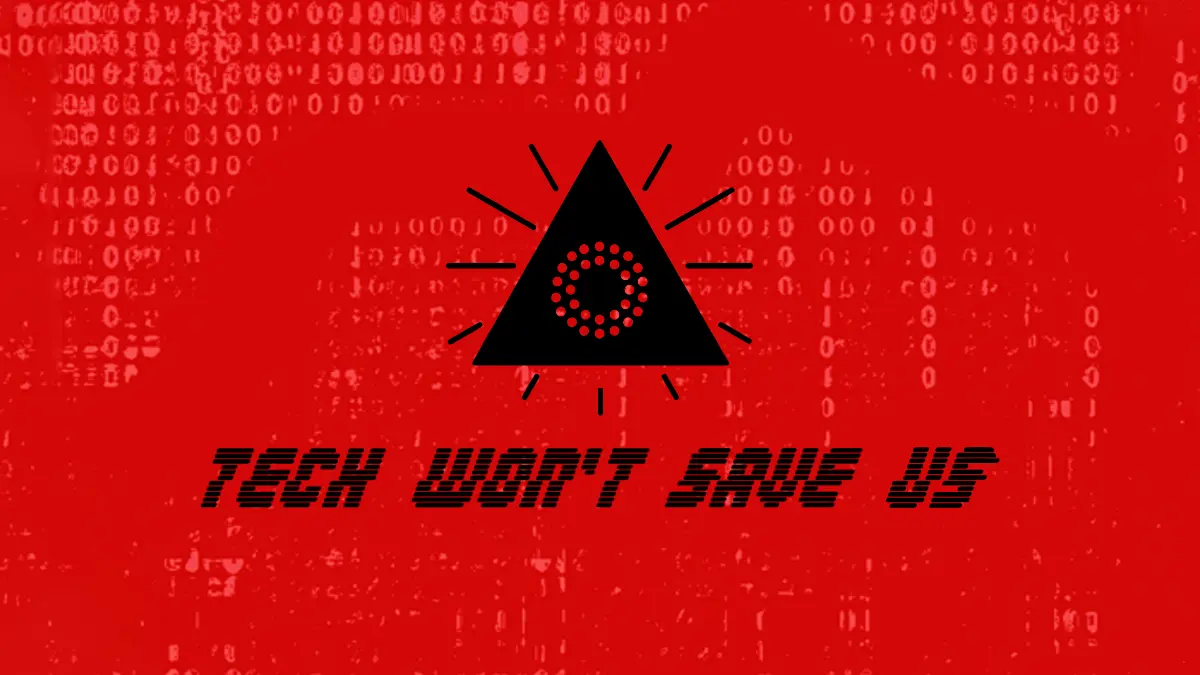


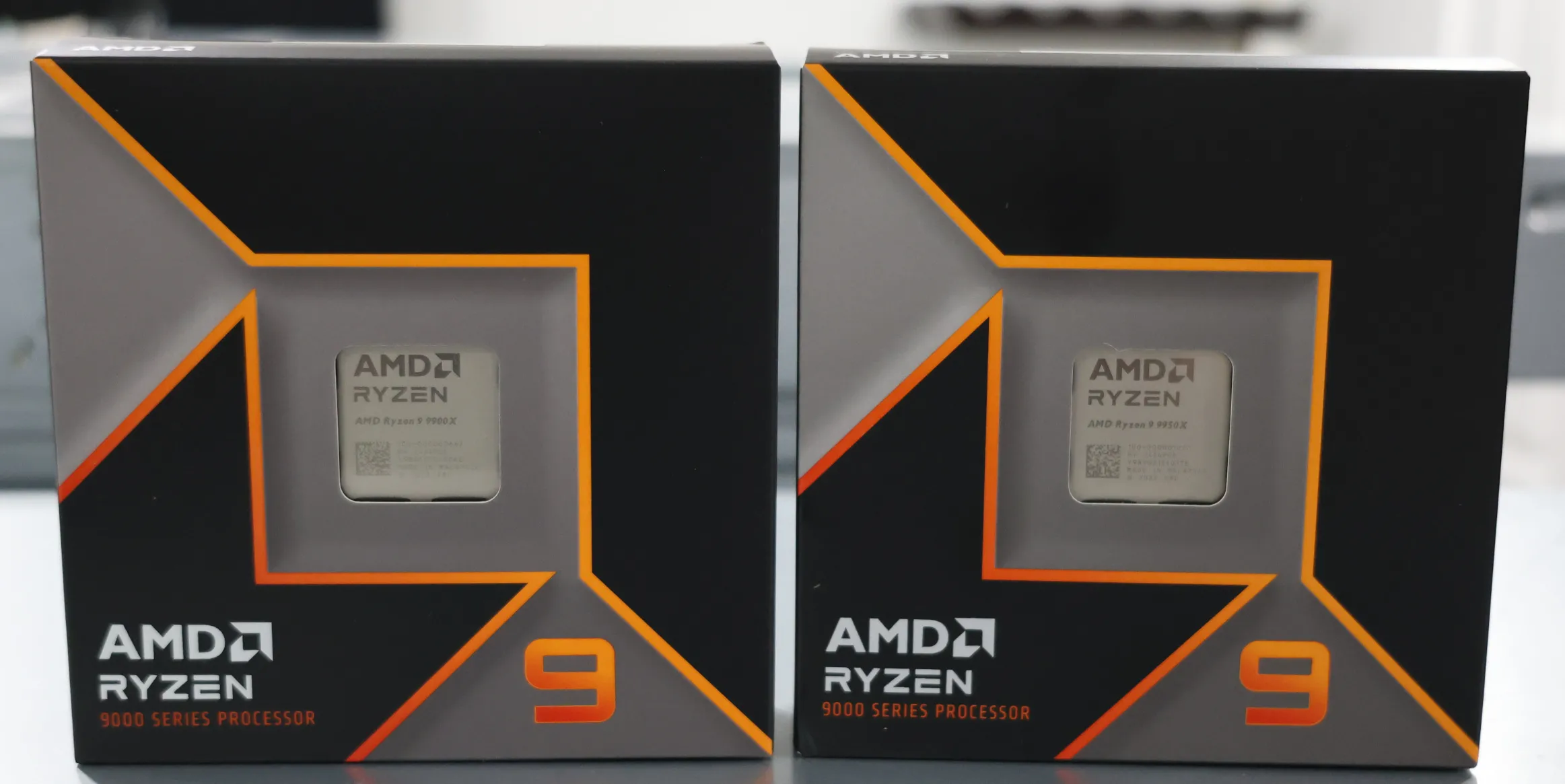

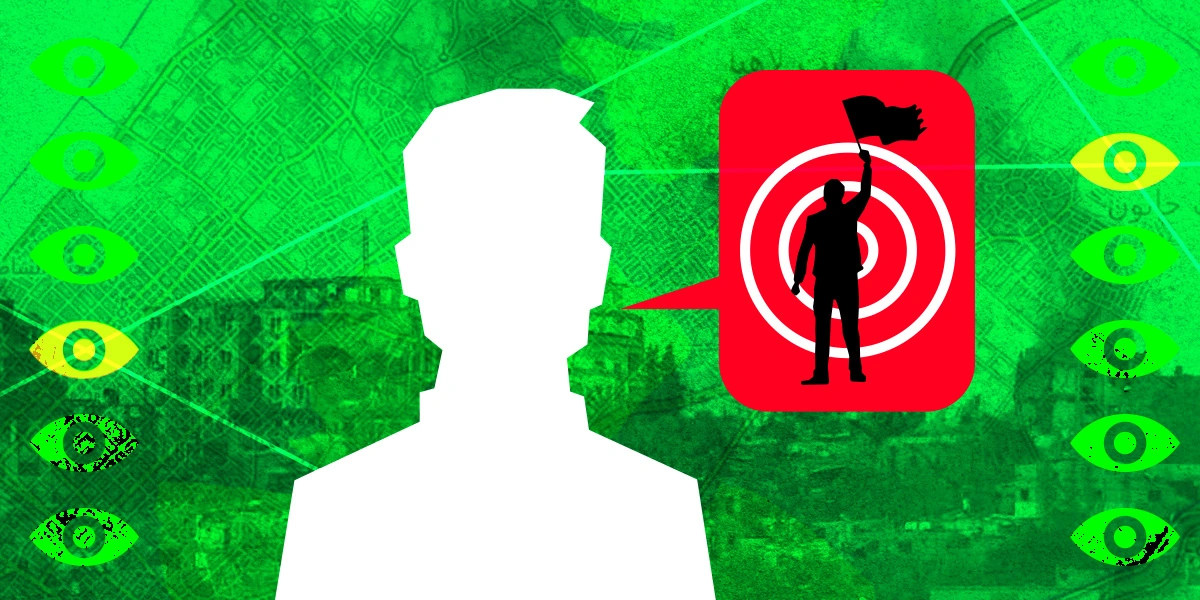
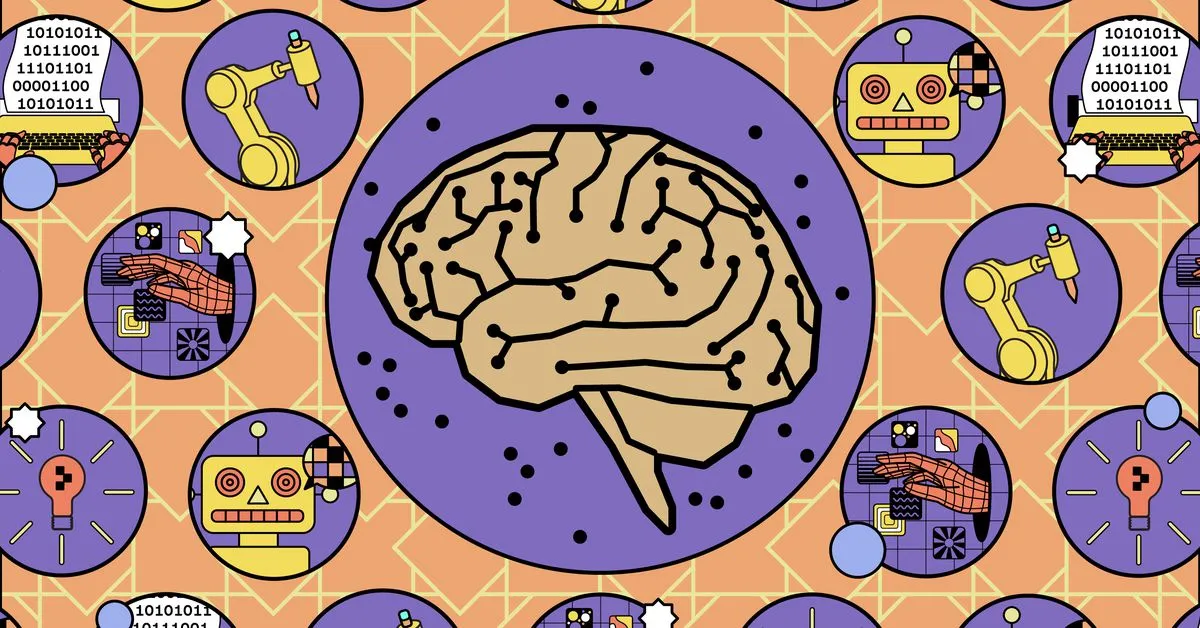
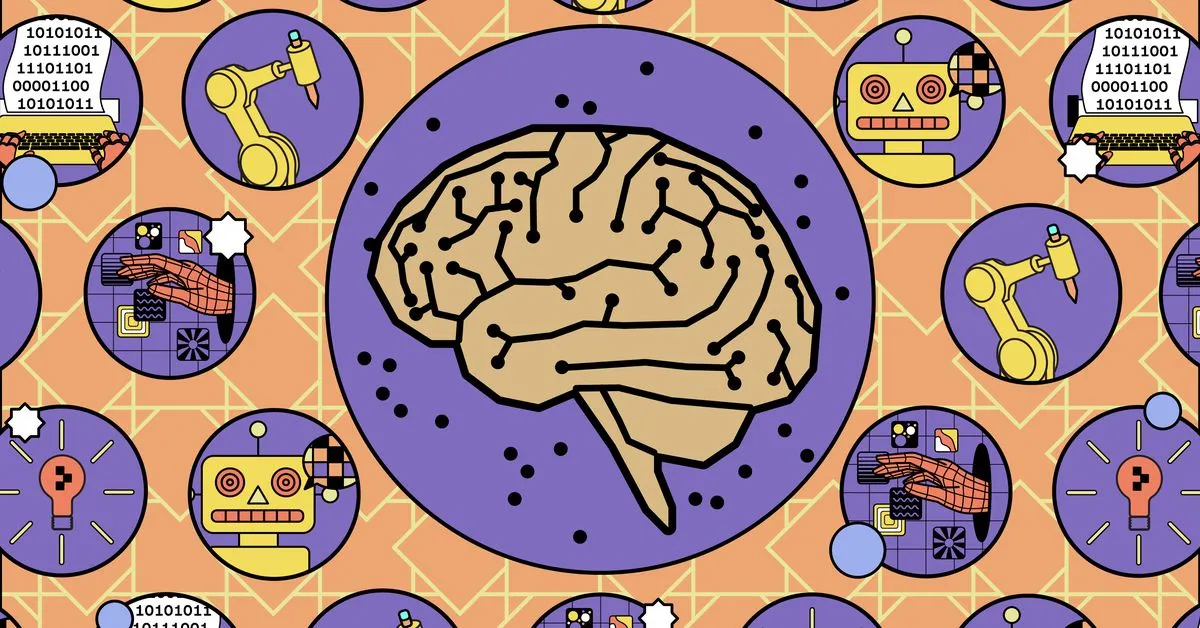

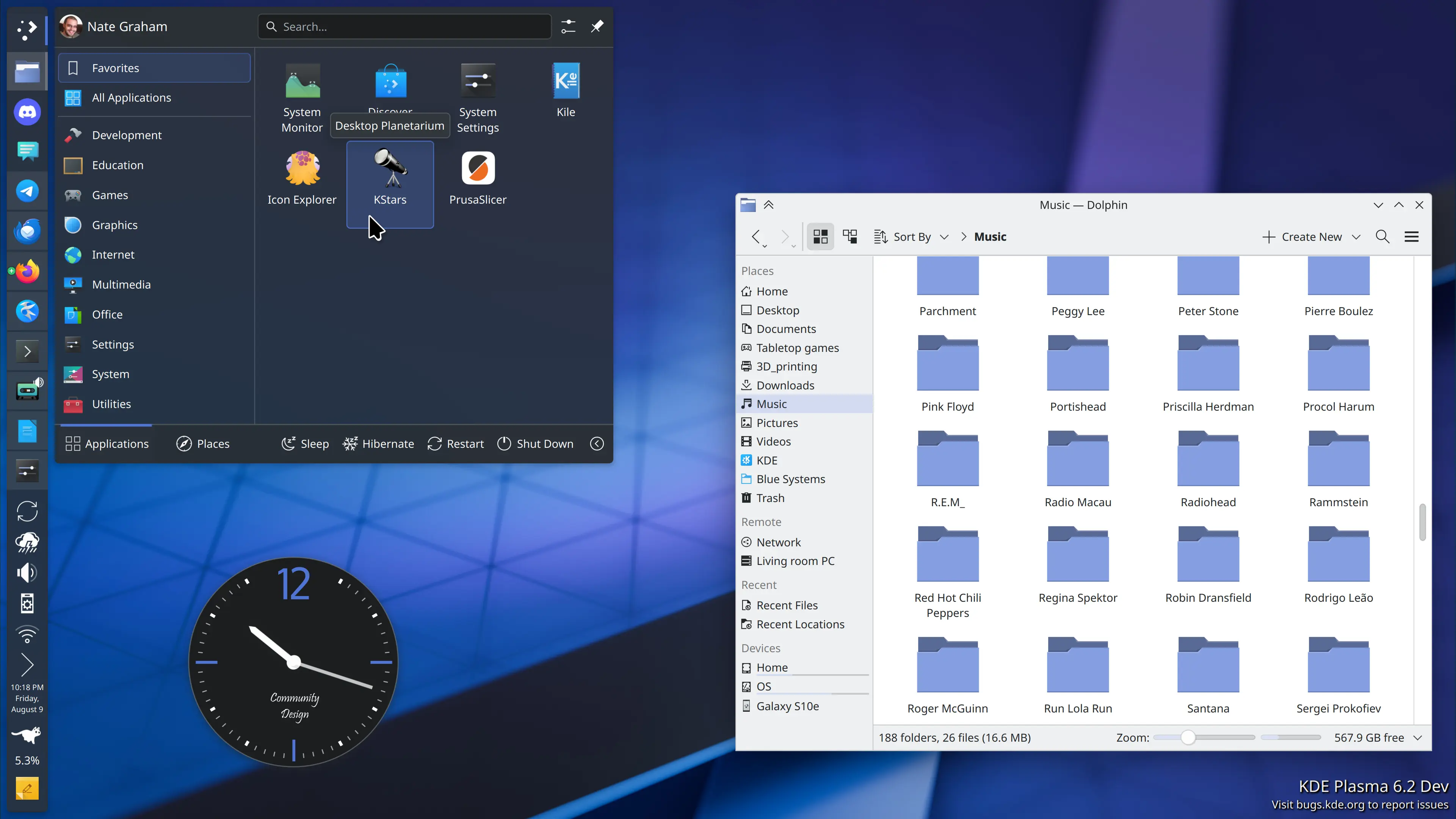

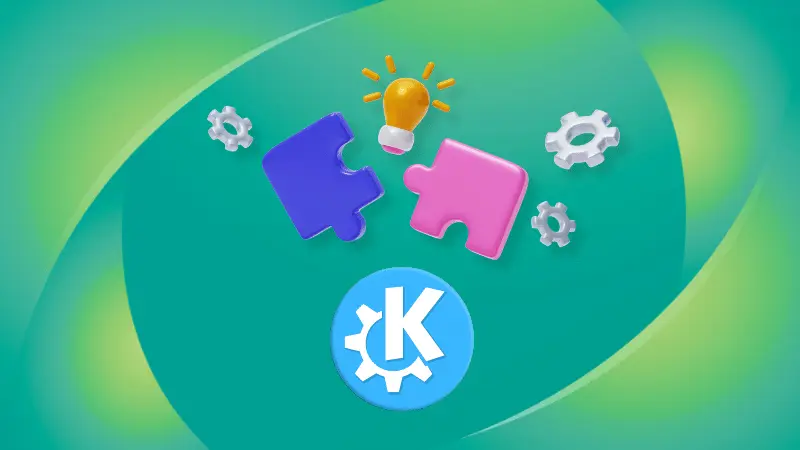
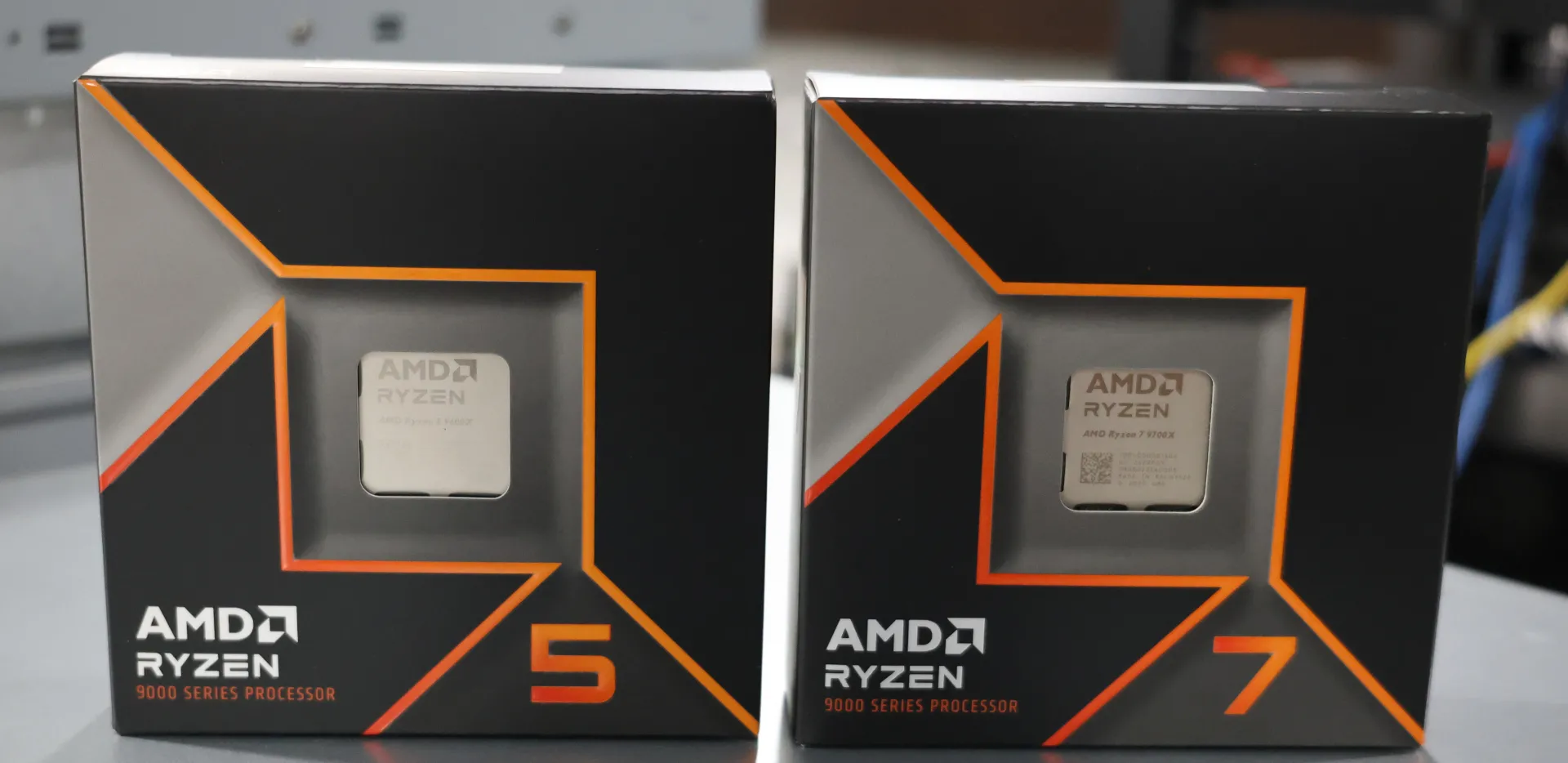
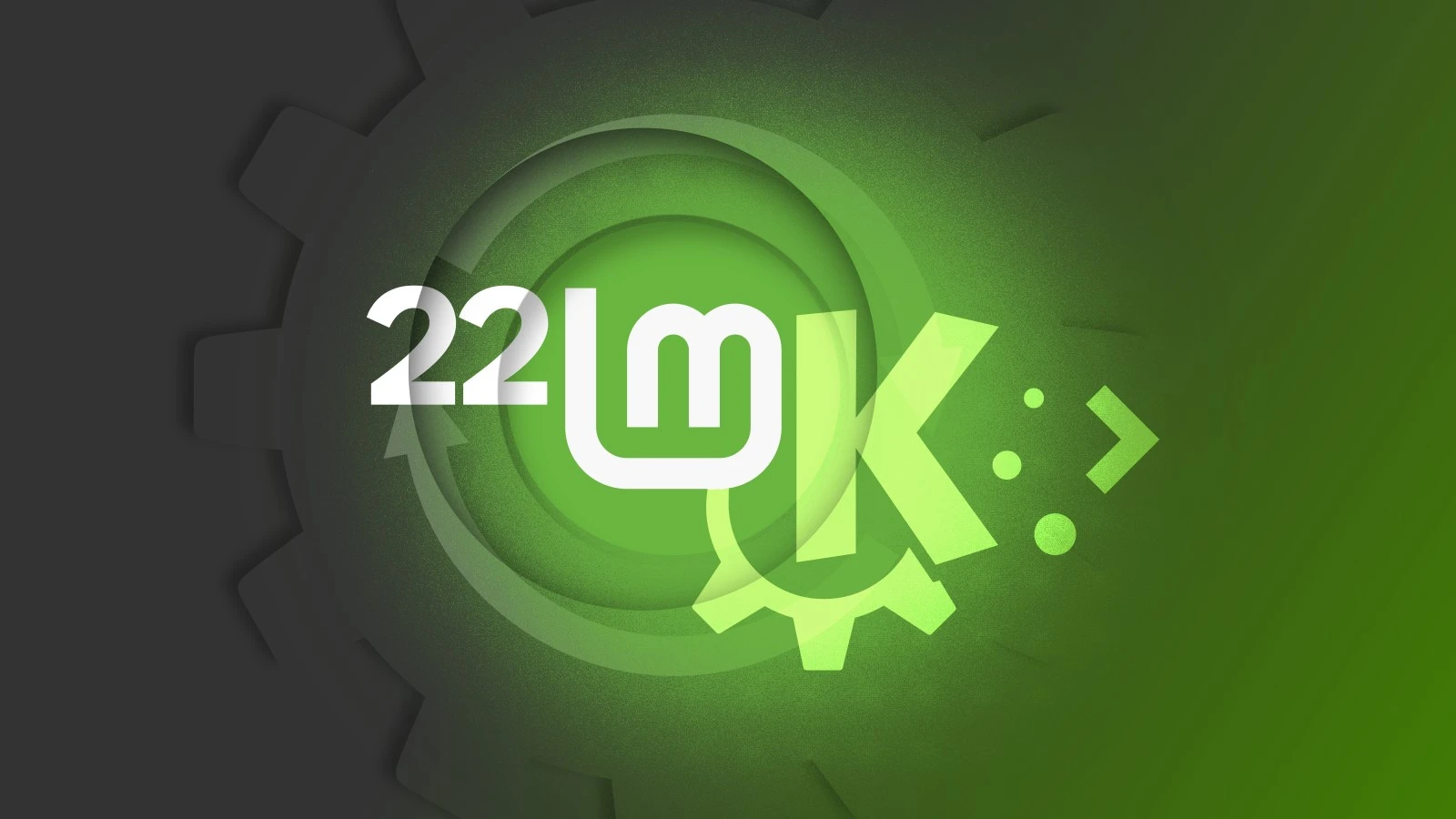
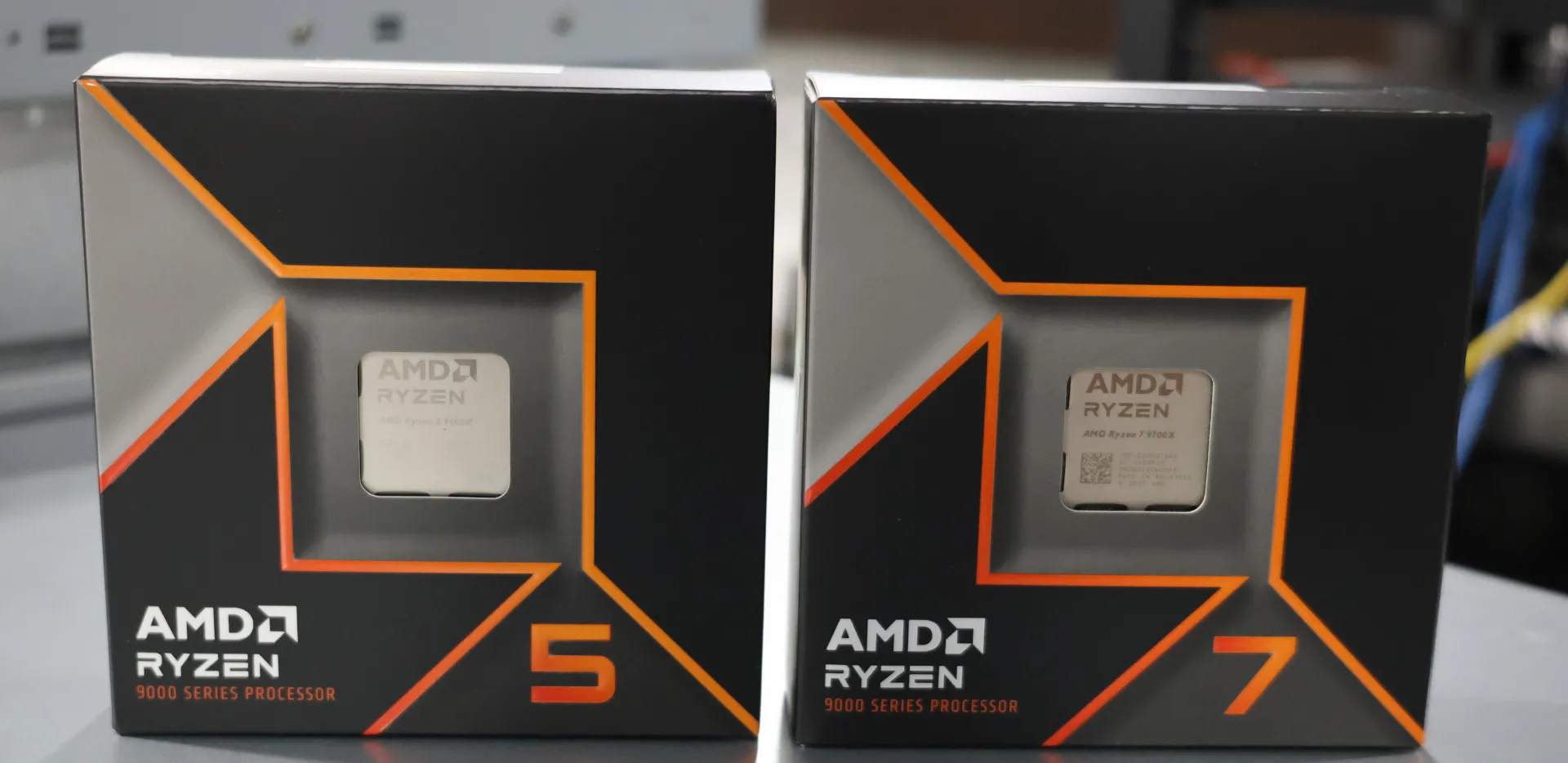

Nope. here it is about the good DRM: Direct Rendering Manager